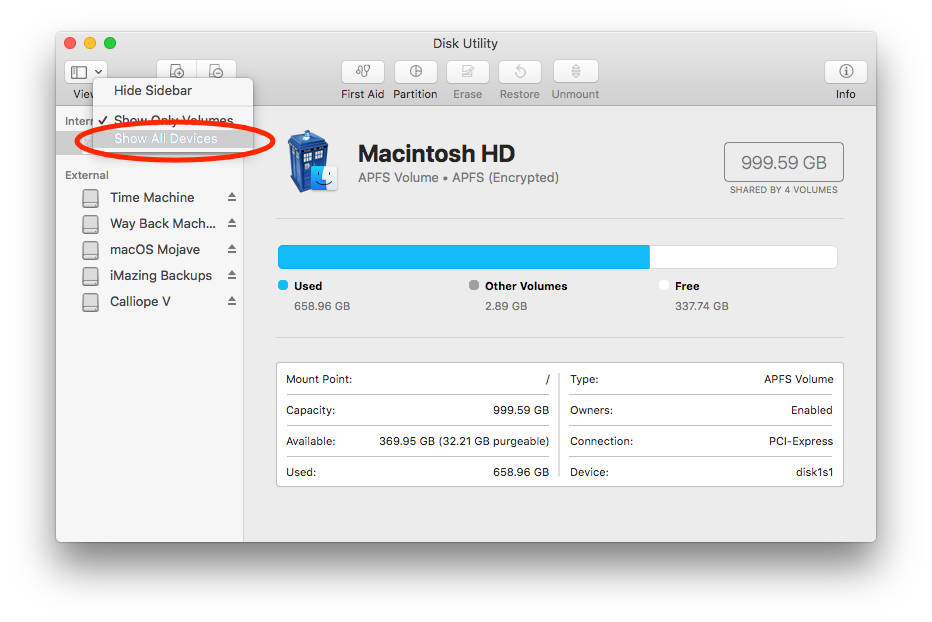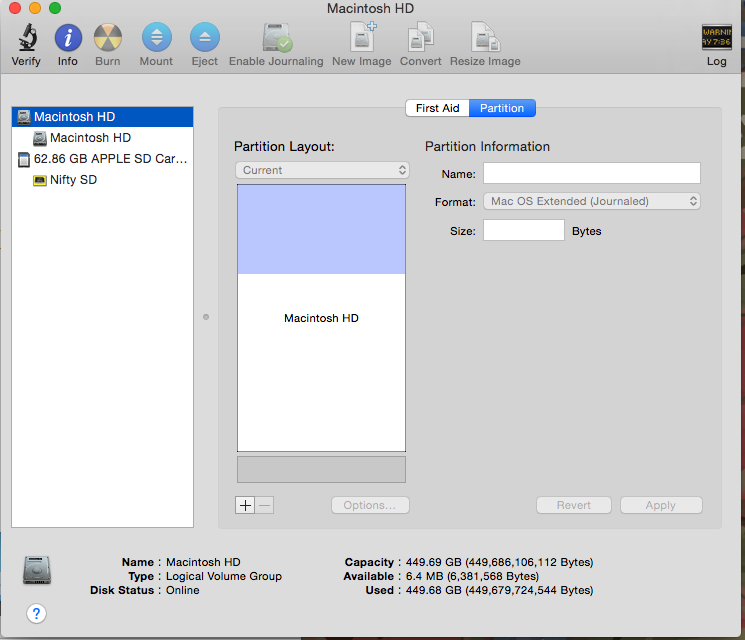

- #MAC DISK IMAGE UTILITY PINE64 HOW TO#
- #MAC DISK IMAGE UTILITY PINE64 INSTALL#
- #MAC DISK IMAGE UTILITY PINE64 UPDATE#
- #MAC DISK IMAGE UTILITY PINE64 TV#
- #MAC DISK IMAGE UTILITY PINE64 MAC#
Install MacKeeper to scan your Mac, fixing any existing issues and ruling out other potential problems before trying to repair the disk. Lots of the same symptoms can be caused by other problems, like a lack of storage or a malware infection.
#MAC DISK IMAGE UTILITY PINE64 MAC#
It isn’t always easy to diagnose a problem with your Mac disk, be it an HDD or an SSD.
#MAC DISK IMAGE UTILITY PINE64 HOW TO#
In this guide, we’ll show you how to use Disk Utility to run First Aid and repair any disks connected to your Mac. Luckily, Apple includes a handy tool you can use to repair your Mac: Disk Utility. This entry was posted in Raspberry Pi and tagged pine64, wifi on Januby Robert.You might need to repair your Mac disk if your computer won’t start up, apps keep freezing, you can’t open certain documents, or the performance has slowed to a halt. It might also be that the problem is in powering the board: I am using a 2A power adapter (which works fine on all my Raspberry Pi’s). I read elsewhere that the build quality of the Pine64 is not very good. Furthermore (and more serious, since I wanted to use it as headless server), if there is some serious network traffic, it crashes. Wiggling the HDMI connector sometimes helps, sometimes not. Depending on how I plug in the HDMI cable, I get an image on my screen or not.
#MAC DISK IMAGE UTILITY PINE64 UPDATE#
UPDATE (): My Pine64 board turns out to be quite unstable. Timedatectl set-timezone Europe/Amsterdam
:max_bytes(150000):strip_icc()/002-format-mac-drive-using-disk-utility-os-x-el-capitan-later-2260751-ccec7fd0a249441799438fce2b6ef3bf.jpg)
RX bytes:99440 (97.1 KiB) TX bytes:1969 (1.9 KiB)Īs I ran into disk space problems yesterday – perhaps because I had done apt-get update & apt-get upgrade – I ran the update commands as follows: resize_rootfs.shįollowed by /usr/local/sbin/pine64_update_uboot.sh

TX packets:12 errors:0 dropped:1 overruns:0 carrier:0 RX packets:505 errors:0 dropped:1 overruns:0 frame:0 TX packets:0 errors:0 dropped:0 overruns:0 carrier:0 RX packets:0 errors:0 dropped:0 overruns:0 frame:0 TX packets:1127 errors:0 dropped:0 overruns:0 carrier:0 RX packets:2607 errors:0 dropped:0 overruns:0 frame:0 UP BROADCAST RUNNING MULTICAST MTU:1500 Metric:1 Then I restarted the wifi network ifdown wlan0Įth0 Link encap:Ethernet HWaddr 36:c9:e3:f1:b8:05 Which I read-protected with chmod 600 /etc/wpa_supplicant/wpa_nf Wpa-conf /etc/wpa_supplicant/wpa_nfĪnd the following to /etc/wpa_supplicant/wpa_nf ctrl_interface=DIR=/var/run/wpa_supplicant GROUP=netdev I added the following to /etc/network/interfaces auto wlan0 I also connected the wired ethernet connection, which – without configuration changes- obtained an IP address using DHCP from my router.
#MAC DISK IMAGE UTILITY PINE64 TV#
I noticed that the HDMI connection is a bit flakey, the TV repeatedly reports “no connection” wiggling the HDMI connector brought the boot sequence back on screen. In order to configure the WiFi connection of the Pine64, I connected it to a keyboard and to my LCD TV screen and powered it up with a 5V 2A micro USB power supply. Mbp> sudo dd if=pine64-image-debianbase-310102bsp-2.img of=/dev/disk1 bs=1024kĪnd I unmounted it again: mbp> diskutil unmountDisk /dev/disk1 I inserted an empty Samsung 16 GB EVO UHS-I Class 10 micro SD card and followed up with: mbp> diskutil unmountDisk /dev/disk1 I am working off an Apple MacBook Pro computer.Īfter downloading the Debian Base disk image, I used 7z to unzip it: mbp> brew install p7zip I primarily followed the instructions from with some additional information from. Let me now document it, as I might need to repeat the installation more than a second time. My first installation yesterday went fine (some slight troubles to get WiFi connected), but while updating the kernel, the root disk partition completely filled up and borked the installation. My 2GB Pine64 has been lying on a shelf for quite some time, as I was waiting for the kernel, distribution and documentation to mature. It was introduced with a Kickstarter campaign which I supported. The Pine64 is a single board computer that resembles the Raspberry Pi, but with a 64-bit CPU, up to 2GB of RAM and available for $15-$29. UPDATE: see at the end for some problems that I encountered after the initial install.


 0 kommentar(er)
0 kommentar(er)
